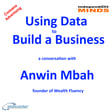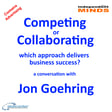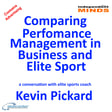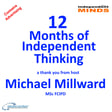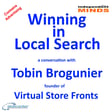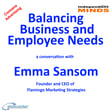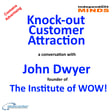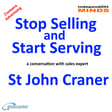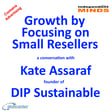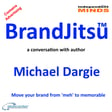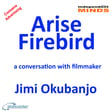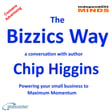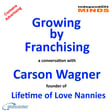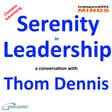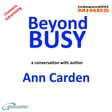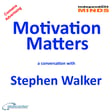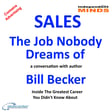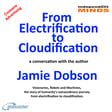
When Your Job Gets You On TV
Have you got a will?
If you haven't you could be creating work for people like Ryan Gregory.
Ryan is the International Director at Finders International who are probate researchers. He spends his time at work tracing heirs to estates, property and assets.
His job made him a star of twelve series of the BBC TV programme Heir Hunters.
In this episode of The Independent Minds Ryan explains what it is like doing your profession when your office has become a TV studio.
How Ryan and his team had to adapt the way in which they worked to meet the requirements of daytime TV.
Ryan and Michael do agree that appearing on a hit daytime TV show like Heir Hunters which is shown on a prominent channel like BBC1 does raise the profile of a business.
The Independent Minds is made on Zencastr.
If you would like to try podcasting using Zencastr visit the Zencastr websiteand use our offer code ABECEDER.
You can find out more about Ryan Gregory and Finders International at Abeceder.co.uk
Three the network
If you are listening to The Independent Minds on your smart phone, you may like to know that Three has the UK’s Fastest 5G Network with Unlimited Data, so listening on Three means you can wave goodbye to buffering.
Visit Three for information about business and personal telecom solutions from Three, and the special offers available when you quote my referral code WPFNUQHU.
Travel
If you would like to travel the best place to make your travel arrangements is The Ultimate Travel Club, which is where you can access trade prices for flights, hotels and holidays. Use my offer code ABEC79 to receive a discount on your membership fee.
Being a Guest
If you would like to be a guest on The Independent Minds, please contact using the link at Abeceder.co.uk.
We recommend that potential guests take one of the podcasting guest training programmes available from Work Place Learning Centre.
We appreciate every like, download, and subscriber.
Thank you for listening.

